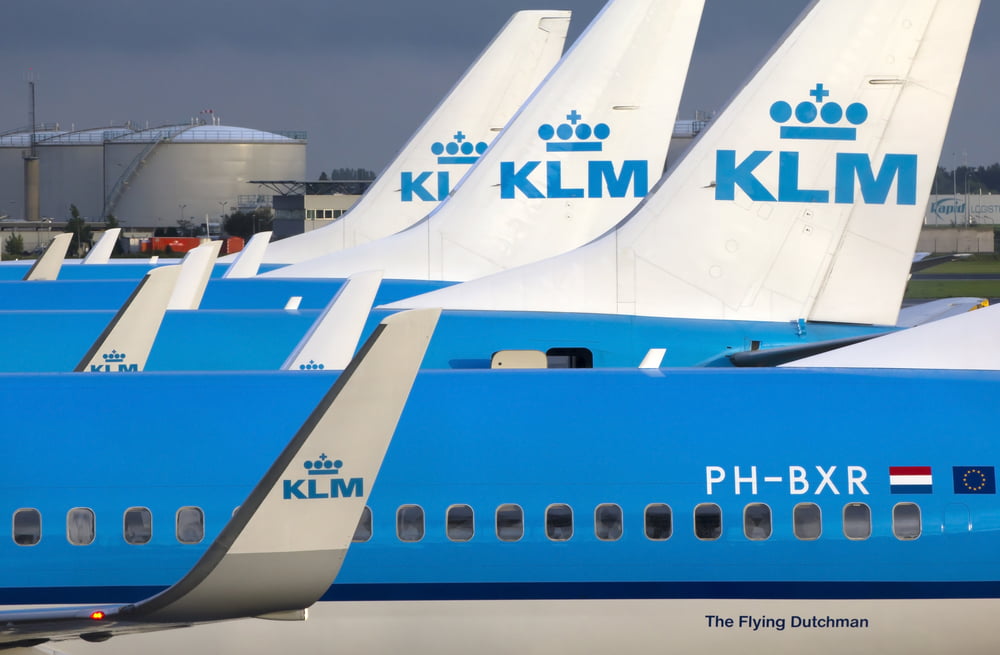The World Treasury Center announced to an international aviation consortium consisting of American, German and Dutch agencies and companies research results to centralize, share and register in its global registry, passenger aircraft emissions at airports near the gates and during taxiing to and from runways.
At more than 500.000 take-offs and landings at an airport the size of Schiphol, the emissions of CO2 and particulate matter correspond to the emissions of 7,5 million homes. Better living conditions, better working conditions for staff and finding a solution for emission reduction are essential for improving our current and future living environment.
The research of the project group focuses on switching off the main engines after landing, electric taxiing to the gates and generators at the gates with clean fuel. Development seems to be feasible quickly by taking a sustainable step to cleaner airports on the ground using LNG as fuel.
Under the leadership and direction of Clean Tech Aviation, the international aviation consortium consists of CTA, Eindhoven University of Technology, the National Aerospace Center (NLR), the German University IFAS TU Braunschweig, the LNG laboratory DnvGL, the DLR and the American companies Lycoming Engines USA and Textron Aviation (manufacturer of Cessna and Beechcraft aircraft among others) carried out this European study. The interim investigation results are recorded in the register of the World Treasury Center in order to facilitate transparency, exchange of knowledge and speed up the investigation.
“The 1.400 aircraft that take off and land every day at an airport such as Schiphol have an annual emission equal to just as much C02 and particulate matter of 7,5 by driving on the ground and using the jet engine-driven generator in the tail million residential houses with a volume of 500 cubic meters. That is more than the total number of homes in the Netherlands. As an added advantage, engines running on LNG also produce significantly less noise, ”said Ben Cappelle, CEO of Clean Tech Aviation.
The emission reduction study was initially launched in business (small) aviation and is now supported and followed up because the first research results are representative of the possibilities in large aviation. The research into this innovation disruption to improve the quality of living, working and living quality is co-funded by Gasunie, GasTerra, the Netherlands Enterprise Agency and the North Netherlands Partnership.
“We experience the aviation consortium's choice for the World Treasury Center as an important step forward in tackling polluting emissions. Because we have insight into many sectors and can link developed knowledge to each other, we see opportunities to restore our ecosystem and to realize a fair calculation of ecological impact with the development, construction and use of new products. This leads to innovations that enable structural, sustainable improvements ”, says Riks Noorman, founder and CEO of the World Treasury Center.
Also read: ICAO provides the Netherlands with a seat in the UN aviation organization


